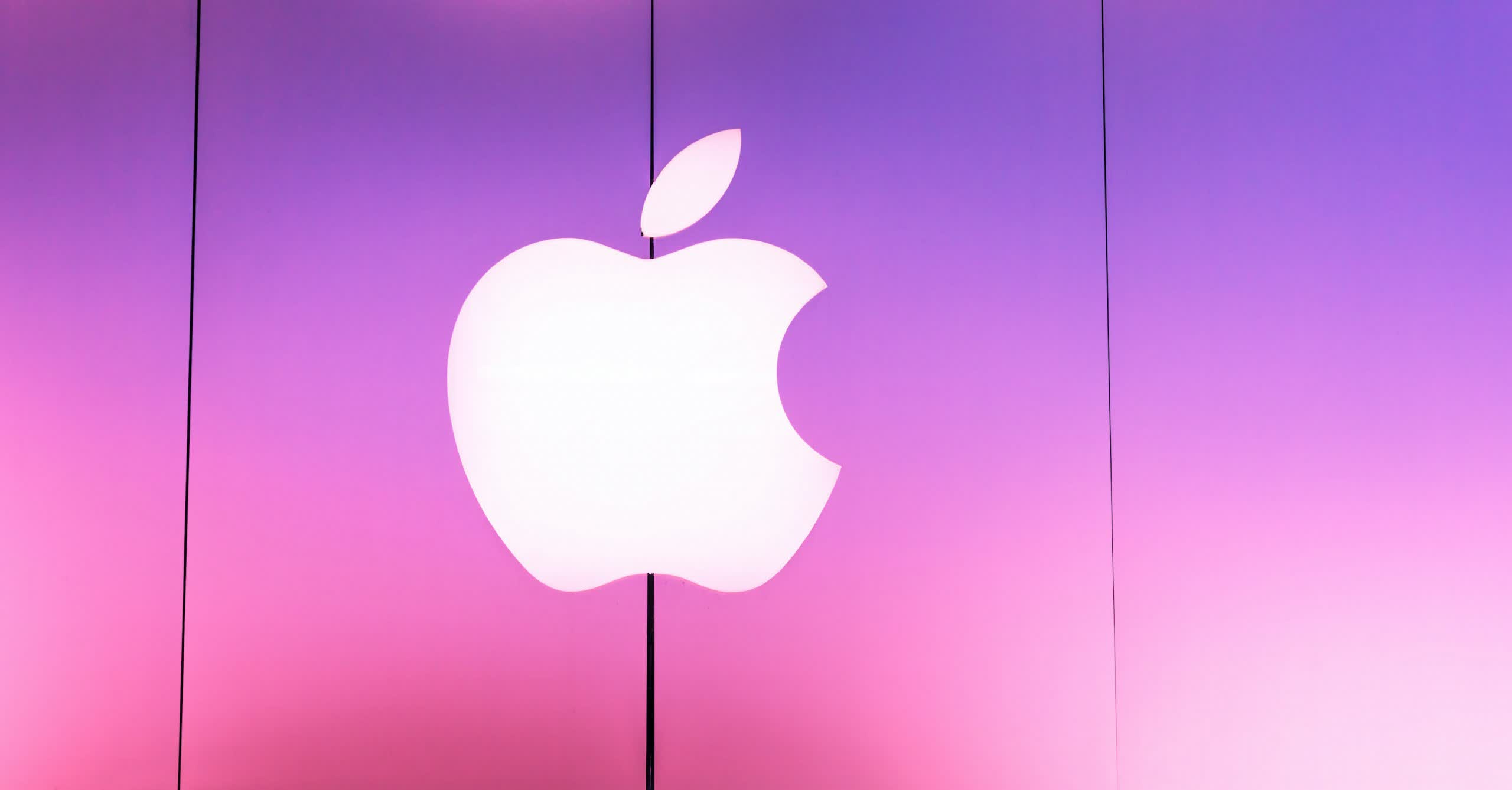TL;DR: The latest in Apple's war against cloud gaming comes in the form of squashing a workaround created by its own customers used to play Stadia on Apple devices. As of today, it has pulled the homebrewed web browser called Stadium that enabled users to use Google's game-streaming platform on the iPhone or iPad. The removal comes over a month after Apple initially approved and allowed it on the App Store.

Despite having said that it is not banning game-streaming apps from iPhones and iPads, Apple has made it so hard for services like Stadia, GeForce Now, and Xbox Game Pass to get into the App Store that it might as well have banned them outright. It has gotten so bad that even a former Apple executive contends that the Cupertino powerhouse is using its App Store policies as a weapon. Those still not convinced of this need only look at the latest of Apple's banned apps.
Last month, some Reddit users figured out a workaround to get Stadia working on Apple devices. It involved a homebrewed iOS browser called "Stadium" that allows those with Stadia account to login to the platform's web app and play through it. Of course, word got out that this was a viable workaround and so Apple slammed the door on it on Tuesday by pulling it from the App Store.
I was “extending WebKit” by hooking it into the native GameController framework and thus Bluetooth controllers, which they didn’t like.
— Zach (@zmknox) October 19, 2020
On Monday, Apple notified Zach Knox, Stadium's creator, that it would be removing Stadium because it uses WebKit APIs in a way that Apple does not allow (of course). Oddly, the infraction has nothing to do with the browser interacting with the Stadia service. Apple says that it violates terms by interaction with Bluetooth devices (e.g., controllers).
An Apple spokesperson responded to a request for comment from 9to5Google and explained the app's removal, saying that "Stadium uses public APIs in a way that Apple does not intend." The app apparently "extends WebKit" in a way that allows a website to access Bluetooth, something that Apple disallows for security purposes.
For anyone interested, the official rules cited in my rejection were Guideline 2.5.1 and section 3.3.1 of the Developer License Agreement pic.twitter.com/brQsRsSf7B
— Zach (@zmknox) October 21, 2020
The rep points to section 2.5.1 of the App Store Review Guidelines and section 3.3.1 of the Apple Developer Program License Agreement. These sections say that apps can only use APIs in the way that they were "intended." In other words, Apple has a clause allowing it to shut you down if it does not like your app while using the loosely defined interpretation of "intent" as the justification.
Apple subsequently pulled the Stadium app on Tuesday, less than 24 hours after giving Knox notice. Presumably, those who already installed Stadium can still use it. Although it has not said as much, it will not be surprising if we see a patch from Apple that disables Stadium's functionality on existing devices within the coming weeks. If not, Stadium is still dead in the water since Knox cannot patch it when a future Stadia update inevitably causes a conflict with the app.
Image credit: Moab Republic
https://www.techspot.com/news/87234-apple-kills-workaround-players-using-play-stadia-games.html